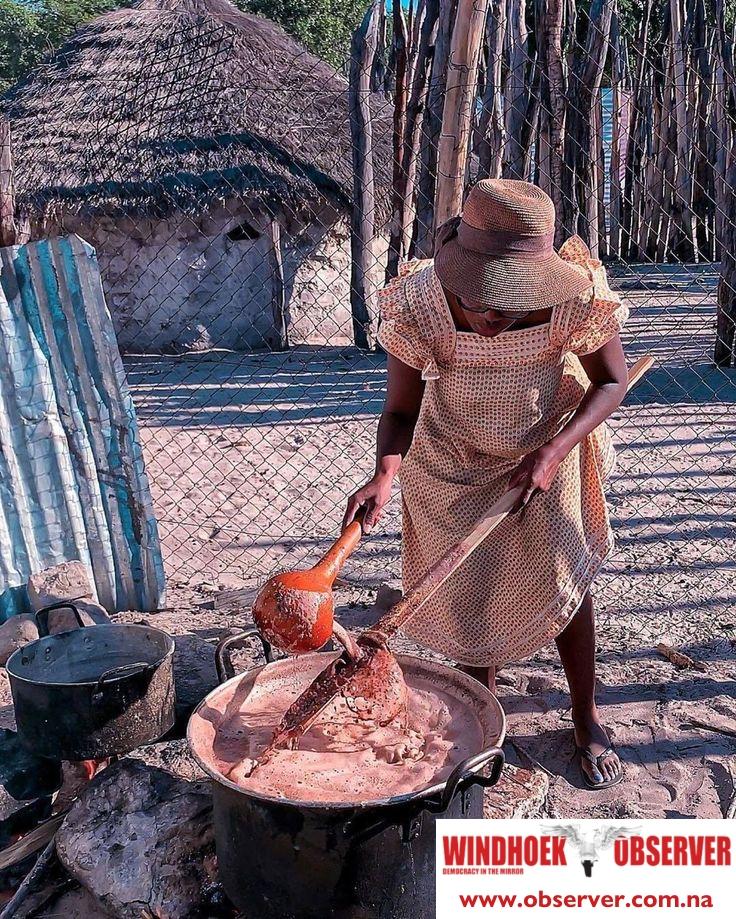
By: Niël Terblanché
Statements made by Calle Schlettwein, the Minister of Agriculture, Water and Land Reform, on an international forum where he advocated for modern energy sources for cooking food, have sparked controversy among Namibians.
Many citizens took to social media to point out that a significant portion of the population lacks access to electricity or gas and relies heavily on firewood, which is abundant in the country.
In response, Schlettwein addressed these concerns following the Summit on Clean Cooking in Africa, held in Paris, France.
Schlettwein emphasized the critical health and environmental issues associated with traditional cooking methods.
According to the minister, data from the International Energy Agency (IEA) and the World Health Organization (WHO), shows that cooking with wood or charcoal produces more carbon dioxide than the global marine and aviation industries combined.
“Additionally, the health implications are severe, with half a million premature deaths annually in Africa due to respiratory diseases and cancer caused by smoke inhalation,” he said.
The Summit on Clean Cooking in Africa highlighted the urgent need for policy shifts to promote cleaner cooking methods.
The event, co-chaired by high-profile leaders including the President of Tanzania and the Prime Minister of Norway, underscored the importance of integrating clean cooking into broader environmental and health agendas.
The summit also secured over US$2 billion in pledges from various countries and private sector entities to support this initiative.
Schlettwein, however, acknowledged the challenges faced by many Namibians in accessing modern energy sources.
He stressed that the transition to clean cooking is not merely an environmental issue but a crucial step towards improving public health and gender equality.
The proposed financing models include subsidies and free equipment provision to ensure that even the poorest households can benefit from clean energy solutions.
“The shift to clean cooking is essential for reducing premature deaths and improving the quality of life for millions of Africans. We cannot ignore the well-documented health risks associated with traditional cooking methods. Our goal is to achieve clean cooking for all by 2030, which will require concerted efforts and substantial financial investment,” he concluded.



